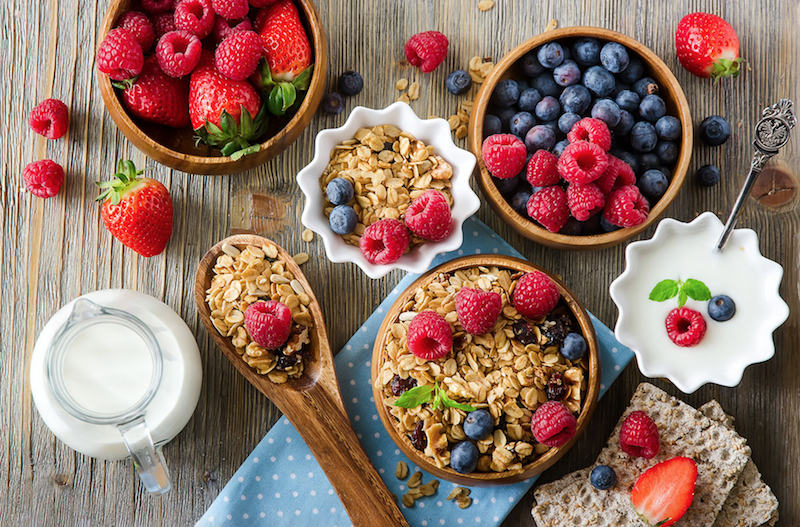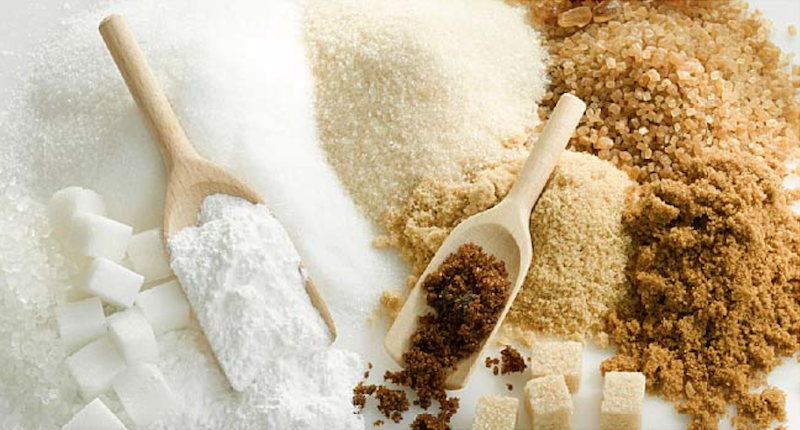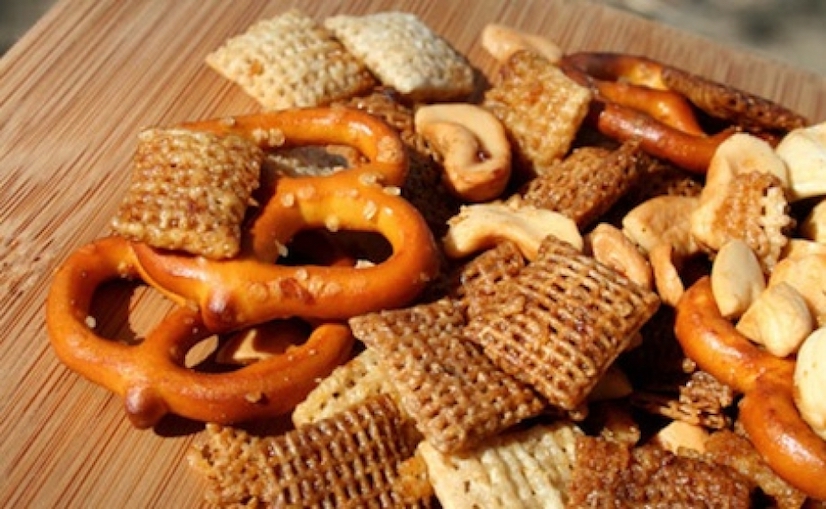Breakfast is presumed to be the most important meal of the day. But, for many, “breakfast” is generally comprised of heavily processed and refined cereals, cereal bars, and pastries with a little fruit on the side. When it comes to weight management and overall good health, I can just about guarantee that eating such foods will hinder rather than help. So, here I’ve compiled a list of simple tips to help you choose the best breakfast foods.
Opt for whole grain cereals
Breakfast cereals comprised of high-quality whole grains are some of the richest natural sources of dietary fiber, which has powerful appetite-suppressant effects and a ton of health benefits. They’re also generally low in sugar. Oatmeal, for instance, houses less than 2 grams of sugar and supplies large amounts of beta-glucan, a type of soluble fiber that’s been linked to a lower risk of risk of heart disease and type 2 diabetes.
In addition to fiber, these cereals contain sizeable amounts of health-promoting macronutrients and micronutrients including carbohydrates, protein, magnesium, phosphorus, and zinc. For maximum nutrition, check your food labels and choose only those cereals that contain less than five grams of sugar and list a whole grain as their first ingredient. For added sweetness, consider using honey, fresh fruit or dried fruit instead of sprinkling on sugar.
Related Article: Dietary Sugar: The Good, The Bad and The Unnecessary
Avoid heavily processed ‘goods’
Heavily processed foods like breakfast pastries, doughnuts, and muffins are typically high in calories and packed full of artificial fats, added sugars, and sodium. This is a recipe for weight gain and other health problems. Adding insult to injury, eating these foods at breakfast time can cause rapid rises in blood sugar (glucose) followed by pronounced surges in insulin, which is the hormone responsible for lowering blood glucose.
Such dramatic effects on insulin and blood sugar generally lead to increased sensations of hunger that may actually trigger overeating during future meals. Need I say more?
Related Article: How Insulin Impacts Fat Burning and Weight Loss
Enjoy moderate amounts of healthy fats
Healthy fats housing monounsaturated and polyunsaturated (omega-3) fatty acids are incredibly filling and offer a multitude of health benefits including weight loss. In fact, consuming just 2-3 servings a day has been shown to promote heart health, reduce type 2 diabetes risk, and even prevent excess fat accumulation in and around the belly. That’s right! Eating fat for breakfast can help you shed belly fat.
Avocado, nuts and seeds (including butter derivatives), olive oil, and fatty fish (tuna, sardines or salmon) are all excellent sources of healthy fats that can bring your breakfast to life. If you’re on the go, make a sandwich by adding sliced avocado or a serving of nut or seed butter to whole grain toast or an English muffin. If you have some time, whip up a batch of salmon cakes or croquettes made with oatmeal.
Related Article: Simple Tips for Adding Healthy Fats to Your Diet
Incorporate protein-rich foods
Adequate protein consumption is critical for muscle preservation and metabolic balance, which supports good health and long-term weight management. If you’re trying to lose weight, choosing a breakfast solely comprised of protein-rich foods can greatly maximize your body’s fat-burning potential. Some great options include whole eggs or egg whites, strained or Greek-style yogurt, and even fatty fish.
Related Article: Nutrition Basics: Your Daily Protein Intake
For a balanced breakfast, high-protein foods can easily be combined with healthy fats, and high-quality carbohydrates like whole grain cereals, fruits or even vegetables. For example, you can add skim or soymilk and fresh berries to your whole grain cereals, enjoy an egg sandwich made with whole grain bread and sliced avocado, or even blend up a smoothie with Greek yogurt, fruit, nuts, and kale or spinach.
RECIPE: A Deliciously Creamy Spinach and Strawberry Yogurt Smoothie
Limit intake of cured meats
For many, breakfast just isn’t a real breakfast without the ham, bacon, and sausage. Though relatively high in protein, these cured meats are highly processed, excessively rich in saturated fats, and contain a lot of harmful chemicals linked to the development of heart disease, stroke, and various forms of cancer. This holds true regardless of whether they’re comprised of pork, beef or turkey.
Cured meats also contain a lot of sodium, which is known to elevate blood pressure and increase the risk of kidney-related disorders. To maintain the nutritional value of your breakfast, I highly recommend limiting your overall intake of cured meats and opting instead for minimally processed varieties like lean ground beef or turkey, chicken breast, and even fish.
Related Article: Red Meat: Nutritional Friend or Foe?
Lay off the fruit-heavy smoothies and shakes
Although fruits have high nutritional quality you must be cognizant of how much you consume daily. Just like any other food, fruits contain calories and, believe it or not, many folks actually eat too much. It’s also important to recognize that fruits are also naturally high in sugar, which can present problems when they’re consumed in excess.
So, if your typical breakfast consists of a smoothie or shake prepared with 1-2 bananas and handfuls of other fruits you may want to change it up.
Two bananas can house in excess of 220 calories and over 40 grams of sugar, which is equivalent to a canned soft drink. To really maximize the nutritional quality of your breakfast smoothie or shake, limit your use of fruit and include other nutrient-rich fillers like vegetables, oatmeal, yogurt, nuts or seeds.
RECIPE: 5 Simple and Delicious Low-Sugar Smoothie Recipes for People with Diabetes
Although the importance of breakfast for weight management has neither been proven nor disproven, the potential value of breakfast lies in its nutritional quality. Following these tips is a great way to get the most benefit out of breakfast. Now, when consuming any of the breakfast foods I’ve mentioned, it’s also important to monitor your portion sizes, as the calorie counts in these foods can really add up!







